Best Markdown Converter Tools Bloggers Should Try for Easy Formatting
Blogging today is about more than just ideas—it's also about formatting and presentation. Many bloggers choose Markdown, a lightweight markup language, to streamline their writing process. Markdown allows writers to create formatted text without needing to write long HTML tags. It’s simple, readable, and fast.
However, most blogging platforms like WordPress, Joomla, and Medium still require content to be in HTML format for proper publishing. It is where Markdown to HTML converter tools become essential. These tools translate Markdown syntax into HTML code that can be published directly on blogging platforms.
Whether the goal is speed, clean formatting, or compatibility, bloggers can greatly benefit from using the right converter. This post highlights the most trusted and user-friendly tools bloggers can use in 2025 to make their publishing process faster and more efficient.
What Is Markdown, and Why Is It Used in Blogging?
Markdown was created to make writing for the web easier. Instead of using complicated HTML tags, Markdown allows simple symbols to define headings, bold text, lists, links, and more. For example, using **bold** creates bold text, and *italic* creates italic text.
Because of its simplicity and minimalism, Markdown has become especially popular among:
- Bloggers
- Technical writers
- Developers
- Content marketers
It enables content creators to focus on writing rather than spending time tweaking layouts or fixing code errors. In blogging, Markdown improves writing speed, keeps formatting consistent, and works well with many writing and version control tools. However, despite Markdown’s benefits, it often needs to be converted to HTML before publishing. That’s where converters step in.
Key Features to Look for in Markdown to HTML Tools
With several tools available, bloggers need to choose one that fits their needs. Not all converters offer the same features. Some are built for developers, while others are tailored to writers and bloggers.
When choosing a converter, bloggers should consider the following:
- Real-time preview: A live preview shows what the HTML version looks like while writing.
- Cloud syncing: Ability to sync with Google Drive, Dropbox, or GitHub for easy access across devices.
- Clean interface: A simple, distraction-free writing environment boosts focus.
- Export options: HTML export is a must, but options like PDF or Word export are helpful for repurposing content.
- Customization support: Advanced users may want tools that support CSS styling or custom templates.
Matching the tool to the writer’s workflow ensures a better blogging experience.
Top Markdown to HTML Converter Tools for Bloggers
Now, let’s take a look at the best converter tools bloggers can rely on in 2025.
Dillinger
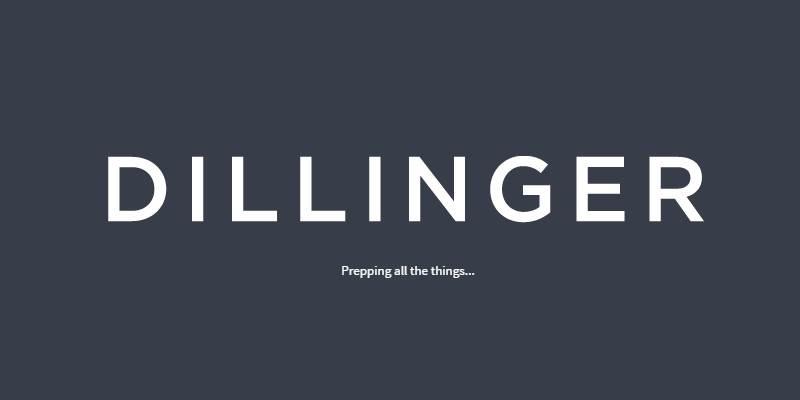
Dillinger is a widely used web-based Markdown editor. It’s perfect for bloggers who want a quick and efficient way to convert Markdown into HTML without installing any software.
- Real-time HTML preview pane
- Syncs with cloud services like Dropbox and GitHub
- Offers HTML, styled HTML, and PDF export
- Simple and modern interface
Dillinger is best suited for writers who want to stay online and use different devices for blogging.
StackEdit
StackEdit is another browser-based Markdown editor but with more robust features. It’s ideal for bloggers who write long-form content or need advanced formatting tools.
- Offline mode available
- Syncs with Google Drive and Dropbox
- Supports MathJax, tables, and Markdown extensions
- Side-by-side view with live HTML output
Because of its offline capabilities and auto-sync, StackEdit is a favorite among tech-savvy bloggers and content creators.
Markable
Markable is a straightforward online Markdown converter known for its clean design and simplicity.
- Quick conversion from Markdown to HTML
- Live side-by-side preview
- Can import from Evernote and export to multiple formats
Markable is a great option for bloggers who want to keep things minimal and fuss-free while still generating clean HTML.
Typora
Typora is a downloadable desktop application that combines writing and live preview in a single window. It’s especially helpful for bloggers who prefer writing offline or need full control over their formatting.
- Supports HTML, PDF, Word, and LaTeX export
- Offers themes and CSS customization
- Lightweight and responsive interface
Typora is best for professional bloggers who need an efficient offline tool with robust export capabilities.
Markdown Live Preview
For those looking for a quick solution, Markdown Live Preview is a basic online tool that provides instant conversion.
- Paste the Markdown code and see HTML results instantly
- No login or signup is required
- Ideal for quick one-time use
While it lacks advanced features, this tool is great when someone needs fast output without any setup.
Pandoc
For developers and advanced users, Pandoc is a command-line tool that handles multiple file formats.
- Converts Markdown to HTML, PDF, DOCX, and more
- Highly customizable output
- Suitable for automated or batch processing
Pandoc is not recommended for beginners but is powerful for content teams working on large publishing projects or technical documentation.
How Bloggers Use These Tools in Their Daily Workflow

A typical blogger using Markdown may begin their post in StackEdit or Typora. Once the draft is ready, they export or copy the HTML and paste it into their blog platform. From there, they add media, links, or SEO tags and hit publish.
This method is ideal for bloggers who:
- Write multiple articles per week
- Collaborate with editors or clients who prefer Markdown drafts
- Need to keep code and formatting clean for SEO purposes
By integrating converter tools into the workflow, bloggers maintain a high level of productivity and avoid repetitive formatting tasks.
Conclusion
In 2025, blogging is as much about efficiency as it is about quality content. Markdown allows bloggers to write quickly and clearly, while Markdown to HTML converter tools ensure their work is ready for publishing with minimal formatting hassle. Tools like Dillinger, Typora, StackEdit, and Markable have proven to be reliable companions in a blogger’s toolkit. By choosing the right converter, bloggers not only save time but also improve the consistency and professionalism of their posts. Whether someone writes casually or publishes full-time, using Markdown and the right HTML converter can elevate their workflow and output.
Related Articles
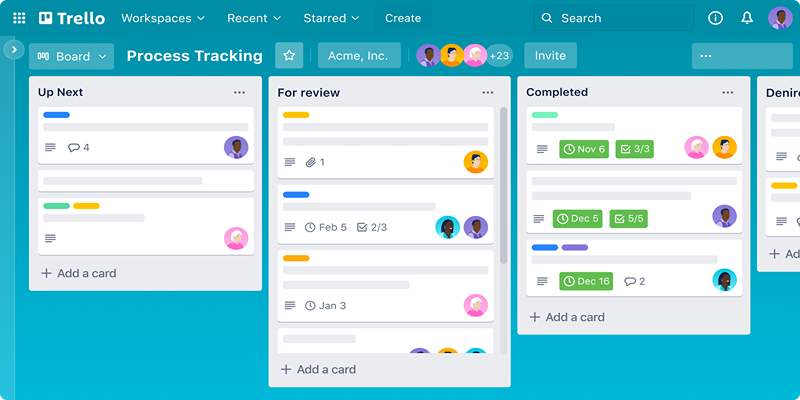
How to Fix Trello Boards That Load Slowly or Lag Frequently

Top 12 Jira Plugins and Add-Ons Every Developer Should Try

5 Simple Ways to Convert 3GP to MP4 Effortlessly

10 Must-Have Tools for Effective User Acceptance Testing

Usability Testing Simplified: 8 Must-Have Tools for 2025

Which Are The Top AI Art Generators to Unleash Your Creativity in 2025

The Best Email Drip Campaign Software: Top Picks for Seamless Automation

How to Move the Dock on Your Mac to a Second Monitor: A Step-by-Step Guide
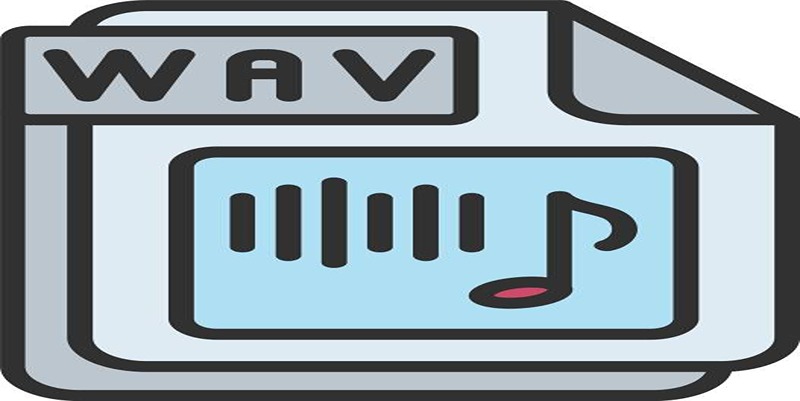
How to Convert MPEG to WAV: A Step-By-Step Guide
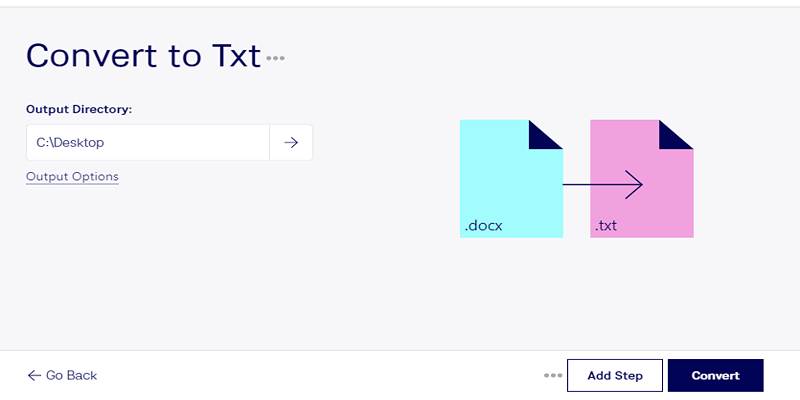
Convert DOCX to TXT Files in Batches Online with No Downloads
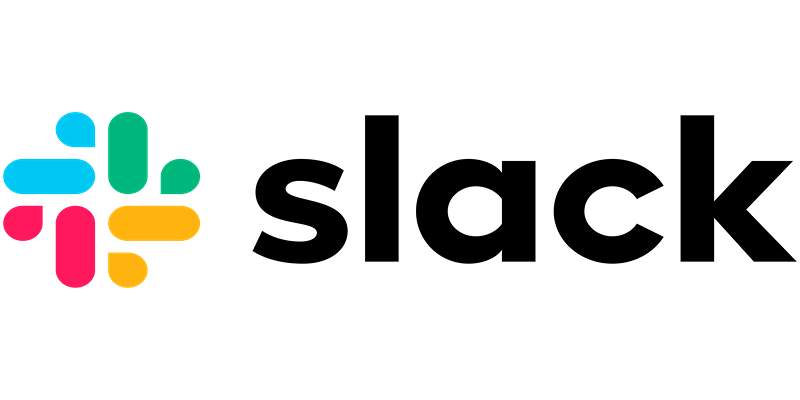
How to Fix Slack Lag and Speed Up Notifications Effectively

 knacksnews
knacksnews